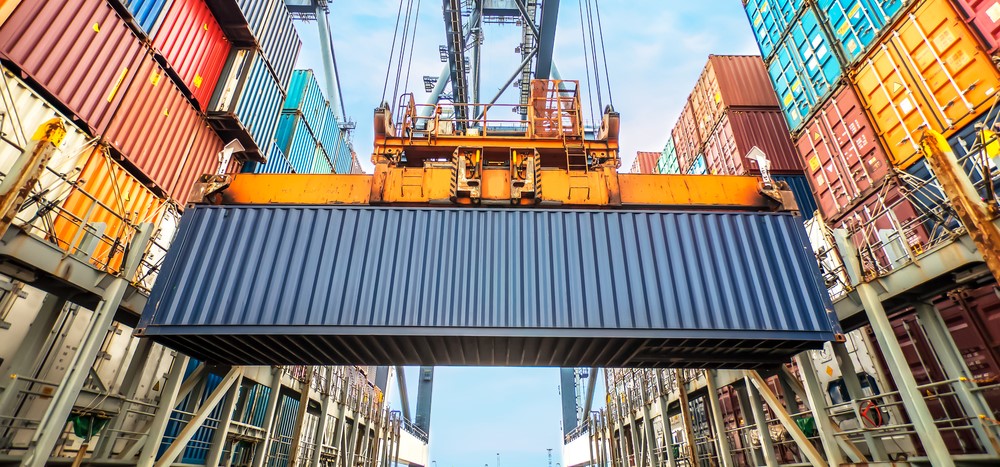EU anti-dumping measures that protect jobs: MEPs and ministers strike deal

EU jobs and industry will be better protected against dumping and subsidised imports, under a draft law agreed recently. For the first time worldwide, the EU’s trade defence legislation would take account of international labour and environmental standards, under an informal agreement struck by Parliament’s negotiating team and EU ministers during the European Parliament October Strasbourg Plenary Session.
The EU is currently updating its antidumping law, to counter unfair trade practices by third countries whose states interfere extensively in the economy.
In negotiations, MEPs ensured that:
– for the first time, respect of international labour and environmental standards in the manufacture of products will be taken into consideration when deciding on anti-dumping measures,
– there will be no additional burden of proof on EU companies in anti‑dumping cases, on top of the current procedure,
– small and medium sized enterprises will get help to deal with procedures,
– the EU Commission is to report in detail on the specific circumstances of exporting countries, focusing on “significant distortions” of prices and costs, will also give clear guidance on what “distortions” means,
– all parties involved, particularly trade unions, may give input to decisions on trade defence measures.
Rapporteur Salvatore Cicu (EPP, IT) said: “We won’t stand by idly when our market is flooded by products made with unfair trading practices and with many jobs under threat. Every country can benefit from free and fair global trade, but all have to play by the same rules. That is definitely not the case if exporters work in a state-owned system. I am confident that the new method for dealing with countries with significant distortions of the economy will protect our citizens from the harms of globalisation”.
International Trade Committee Chair, Bernd Lange (S&D, DE) said: “We ensured that our industries can defend themselves against unfair trading practices, now and in the future. We have ensured that EU companies will not face impossible obstacles in defending themselves against dumping, against tough opposition. As the champions of a rules-based trading order, the WTO-compatibility of our rules was the basis for all discussions.”
Next Steps
The informal agreement was put to a vote in the International Trade Committee on 12 October and by the full house at the November plenary session in Strasbourg.
Quick facts
Under the new rules, the EU would use the same anti‑dumping methodology for all WTO members, and target “significant market distortions”, i.e. where prices are not market-based. Broader plans to update the EU’s “trade defence instruments” with a view to raising tariffs against dumped or subsidised imports are currently being negotiated with EU ministers.
An anti-dumping duty is a protectionist tariff that a domestic government imposes on foreign imports that it believes are priced below fair market value. Dumping is a process where a company exports a product at a price lower than the price it normally charges on its own home market.
